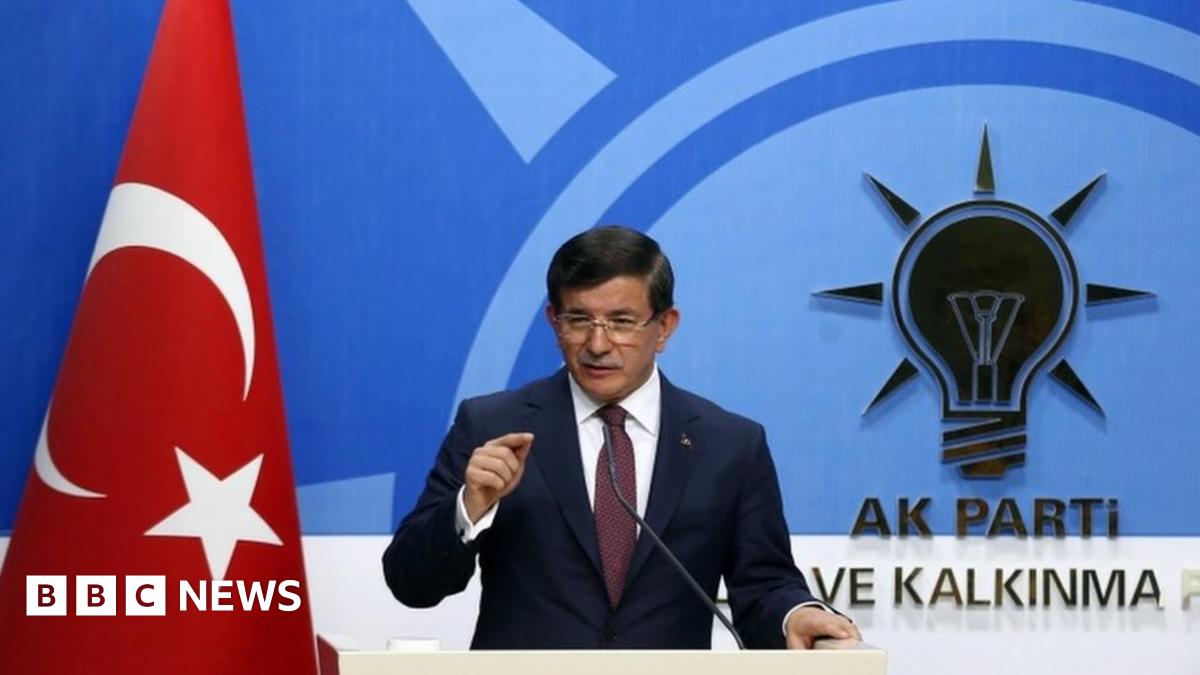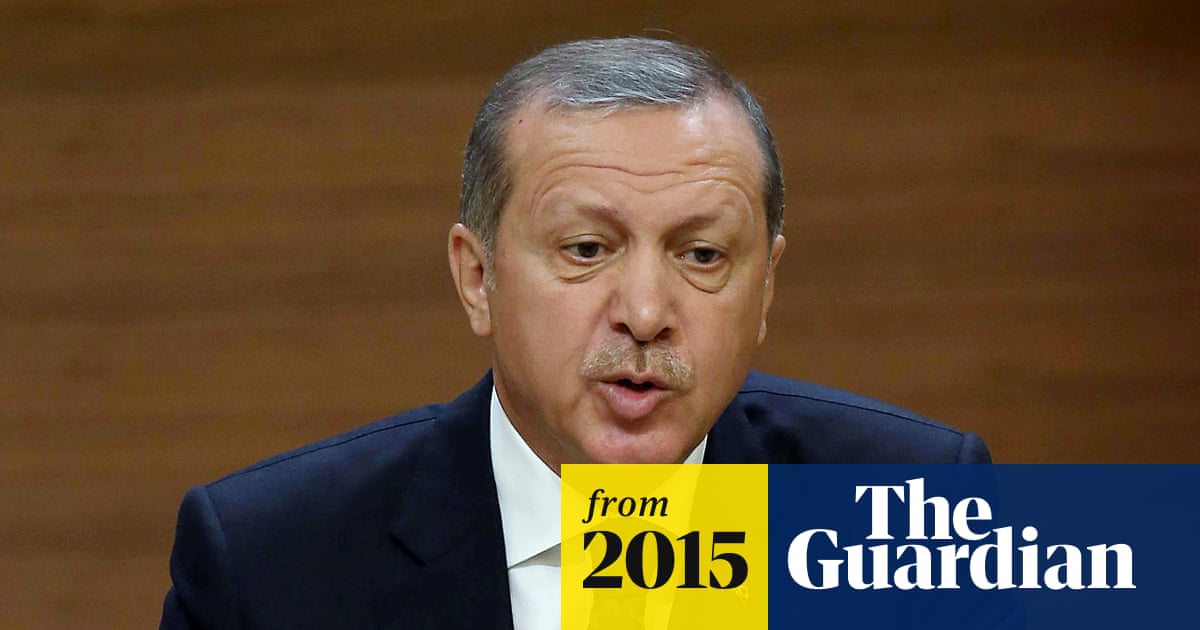Re: Regional geopolitics
Turkey polls loom as coalition talks collapse
Mr Davutoglu, whose AKP is rooted in political Islam, has until 23 August to find a coalition partner. But many party members had already objected to a prospective coalition with the main opposition CHP.
line
Analysis by Rengin Arslan, BBC Turkish, Istanbul
There is little surprise that the talks failed, as it was widely believed that President Recep Tayyip Erdogan had never favoured a coalition government.
His desire to move to a presidential system is no secret and far from allowing him to make such changes, the CHP wants to keep his powers in check.
The CHP leader says Mr Davutoglu merely offered a three-month pre-election government.
Although both leaders told supporters they had tried their best to form a government, neither believes Turkey can avoid another general election.
Attacks on the PKK are likely to continue as the AKP tries to attract more nationalist support. But after 12 years in power, opposition towards the ruling party has grown.
line
The Turkish stock market fell 3% and the lira hit a record low as news of a likely election emerged.
The AKP's 12-year majority rule in Turkey came to an end on 7 June largely because of the success of the pro-Kurdish HDP, which broke into the political mainstream, attracting voters across the country and winning more than the required 10% of the vote.
Although Mr Davutoglu's party secured 41%, it had to seek support from a rival party to form a coalition, but failed to find agreement with the CHP on foreign policy and education matters.
Latest opinion polls suggest the AKP has increased its support in recent weeks and some opponents have accused the government of trying to link the HDP to the Kurdish rebels.
President Erdogan, for many years Turkey's AKP prime minister, has accused the HDP of being the rebels' political wing.
Turkey's uneasy two-year ceasefire with the PKK fell apart last month, after a suicide bomb blamed on IS killed 32 young activists in the largely Kurdish city of Suruc, close to the Syrian border.
Turkey polls loom as coalition talks collapse
Mr Davutoglu, whose AKP is rooted in political Islam, has until 23 August to find a coalition partner. But many party members had already objected to a prospective coalition with the main opposition CHP.
line
Analysis by Rengin Arslan, BBC Turkish, Istanbul
There is little surprise that the talks failed, as it was widely believed that President Recep Tayyip Erdogan had never favoured a coalition government.
His desire to move to a presidential system is no secret and far from allowing him to make such changes, the CHP wants to keep his powers in check.
The CHP leader says Mr Davutoglu merely offered a three-month pre-election government.
Although both leaders told supporters they had tried their best to form a government, neither believes Turkey can avoid another general election.
Attacks on the PKK are likely to continue as the AKP tries to attract more nationalist support. But after 12 years in power, opposition towards the ruling party has grown.
line
The Turkish stock market fell 3% and the lira hit a record low as news of a likely election emerged.
The AKP's 12-year majority rule in Turkey came to an end on 7 June largely because of the success of the pro-Kurdish HDP, which broke into the political mainstream, attracting voters across the country and winning more than the required 10% of the vote.
Although Mr Davutoglu's party secured 41%, it had to seek support from a rival party to form a coalition, but failed to find agreement with the CHP on foreign policy and education matters.
Latest opinion polls suggest the AKP has increased its support in recent weeks and some opponents have accused the government of trying to link the HDP to the Kurdish rebels.
President Erdogan, for many years Turkey's AKP prime minister, has accused the HDP of being the rebels' political wing.
Turkey's uneasy two-year ceasefire with the PKK fell apart last month, after a suicide bomb blamed on IS killed 32 young activists in the largely Kurdish city of Suruc, close to the Syrian border.










Comment